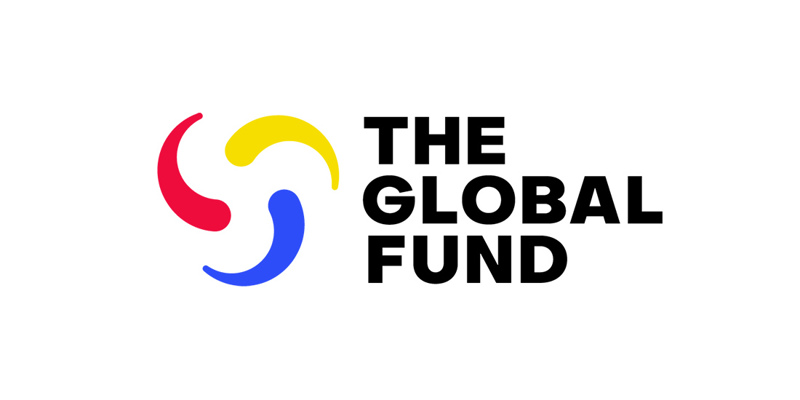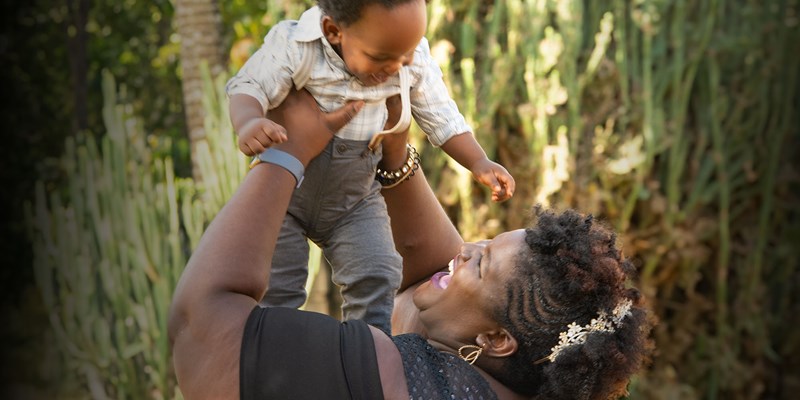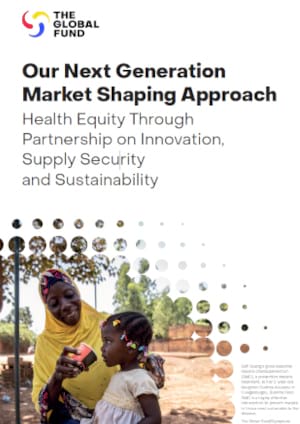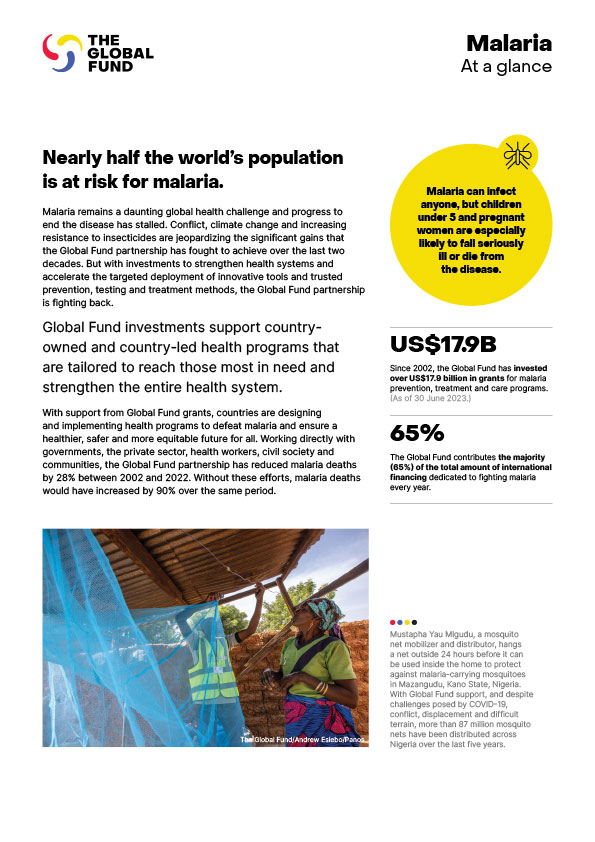

An Urgent Plea from a South African Health Worker Fighting COVID-19 and TB
In Cape Town, South Africa, Nombasa Krune-Dumile, a drug-resistant tuberculosis counselor who has dedicated her life to supporting tuberculosis (TB) patients, says COVID-19 has devastated health systems and upended normal operations of her work.
“Many hospitals are overwhelmed,” she says. “Many people are suffering and dying from COVID-19 but also from other diseases.”
Nombasa knows this firsthand. Her family has borne the full brunt of HIV, TB – and now COVID-19.
This month, COVID-19 cases in South Africa crossed the 500,000 mark – a potent symbol of a disease that is gaining full speed across Africa. As the pandemic accelerates on the continent, its path is marked not just by the infections and deaths it leaves in its wake but also by how hard it collides with other diseases that have affected millions of people over the last two decades.
Nombasa and her husband, Vuyisa Dumile, were infected with HIV more than a decade ago. Then came TB, which affected both. In the fight against TB, Nombasa was luckier as she was able to beat her first bout of the disease following months of treatment. Her husband wasn’t as lucky; the disease came back in a deadlier, drug-resistant form and took years to beat. By the time he emerged from that dark patch of his life, he had lost one lung to the disease and the hearing in one of his ears.
In the last few years though, the two were doing well, working and managing HIV through antiretroviral therapy – until COVID-19 arrived. Both were infected with the virus. And then their children caught it, too.
Nombasa says she thinks she got COVID-19 first, most likely from her job, where she spends her days providing treatment support to people ill with TB. She reckons that she brought the virus home to her husband and kids. After weeks with the virus, the family members beat the disease, but not before her husband spent a week in critical condition in hospital.
But the joy that came with the discharge of her husband from hospital didn’t last long as Nombasa’s father was soon taken ill. He died 6 July after just days of fighting his illness. He wasn’t tested for COVID-19, Nombasa says, but “he had all the typical symptoms: fatigue, poor appetite, high fever, and shortness of breath.”
Her father got sick in the Eastern Cape, where the family comes from, and did not get the care he needed, Nombasa adds. “In the Eastern Cape, health facilities are overwhelmed, people don’t want to go to the hospital, where many people are dying as they await treatment. People are choosing to die at home.”
Doubling of deaths
In South Africa and in other African countries, deaths from COVID-19 and other diseases are on the rise and health systems are being overwhelmed. Recent modelling studies from UNAIDS, WHO and the Stop TB Partnership show deaths from HIV, TB and malaria could as much as double in the coming year as a knock-on effect of the COVID-19 pandemic, wiping out years of progress. A biweekly survey by the Global Fund shows widespread service disruptions to HIV, TB and malaria responses as a result of COVID-19 across 106 of the world’s most vulnerable countries, as health workers and resources are diverted to fighting the new virus, lifesaving medicine distributions are interrupted, and fear and stigma keep people from accessing health facilities for treatment.
The Global Fund is working with donors and partners to urgently mobilize an additional US$5 billion to help countries continue to fight COVID-19, mitigate the impact on HIV, TB and malaria, reinforce systems for health and protect health workers like Nombasa.
Front-line health workers, trusted members of local communities, are critical to fighting COVID-19 and preventing a catastrophic setback in other diseases. Weeks after her own fight with COVID-19, Nombasa was back in the trenches, helping people suffering from TB. “We have realized that people are staying away due to fear of COVID-19. They are not keeping up with treatment. We are now reaching out to them in the community.”
Nombasa and her family have already paid a heavy price. She has an urgent appeal to governments and global health partners to help community health workers do their work. “Health workers need training and more PPE to protect themselves and their families,” she says. “That support is needed now.”







